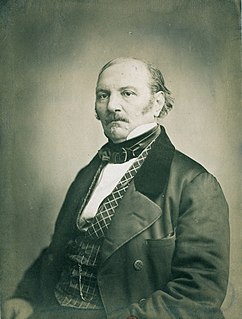A Quote by Francis Bacon
The Scripture saith, The fool hath said in his heart, there is no God; it is not said, The fool hath thought in his heart; so as he rather saith it, by rote to himself, as that he would have, than that he can thoroughly believe it, or be persuaded of it....It appeareth in nothing more, that atheism is rather in the lip, than in the heart of man.
Related Quotes
Nothing more completely baffles one who is full of trick and duplicity than straigthforward and simple integrity in another. A knave would rather quarrel with a brother knave than with a fool, but he would rather avoid a quarrel with one honest man than with both. He can combat a fool by management and address, and he can conquer a knave by temptations. But the honest man is neither to be bamboozled nor bribed.
But I'd rather help than watch. I'd rather have a heart than a mind. I'd rather expose too much than too little. I'd rather say hello to strangers than be afraid of them. I would rather know all this about myself than have more money than I need. I'd rather have something to love than a way to impress you.
Breathes there the man, with soul so dead, Who never to himself hath said, This is my own, my native land! Whose heart hath ne'er within him burn'd, As home his footsteps he hath turn'd From wandering on a foreign strand! If such there breathe, go mark him well; For him no Minstrel raptures swell; High though his titles, proud his name, Boundless his wealth as wish can claim; Despite those titles, power, and pelf, The wretch, concentred all in self, Living, shall forfeit fair renown, And, doubly dying, shall go down To the vile dust, from whence he sprung, Unwept, unhonor'd, and unsung.
While technically I did not commit a crime, an impeachable offense... these are legalisms, as far as the handling of this matter is concerned; it was so botched up, I made so many bad judgments. The worst ones, mistakes of the heart, rather than the head. But let me say, a man in that top job - he's got to have a heart, but his head must always rule his heart.
The Unitarian Church has done more than any other church to substitute character for creed, and to say that a man should be judged by his spirit; by the climate of his heart; by the autumn of his generosity; by the spring of his hope; that he should be judged by what he does; by the influence that he exerts, rather than by the mythology he may believe.








































